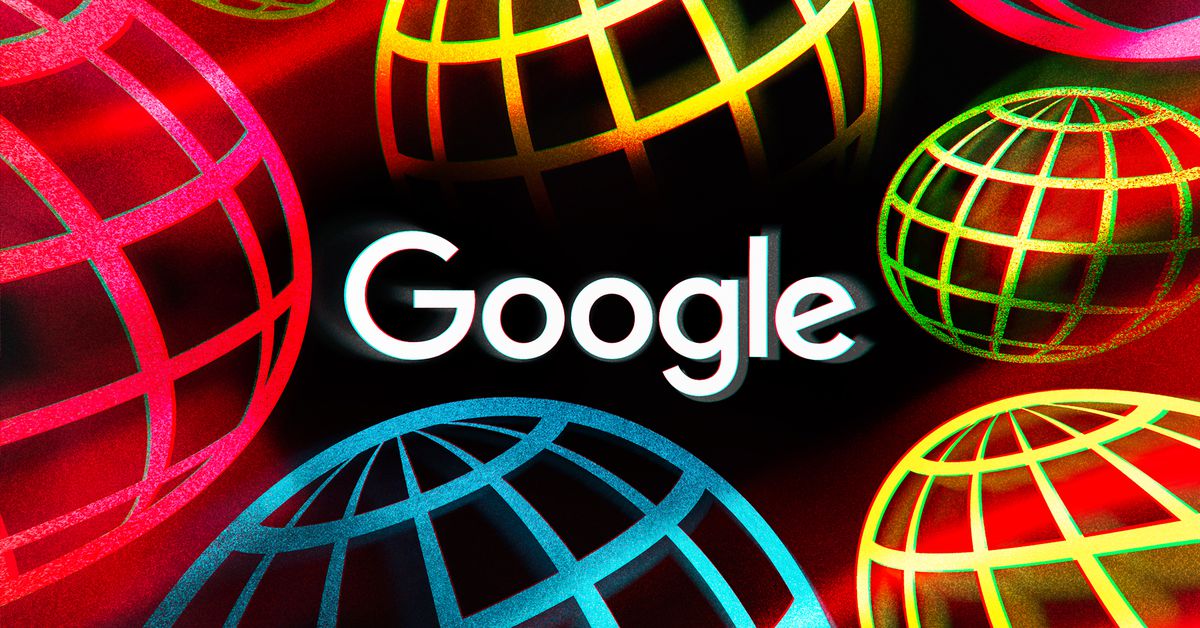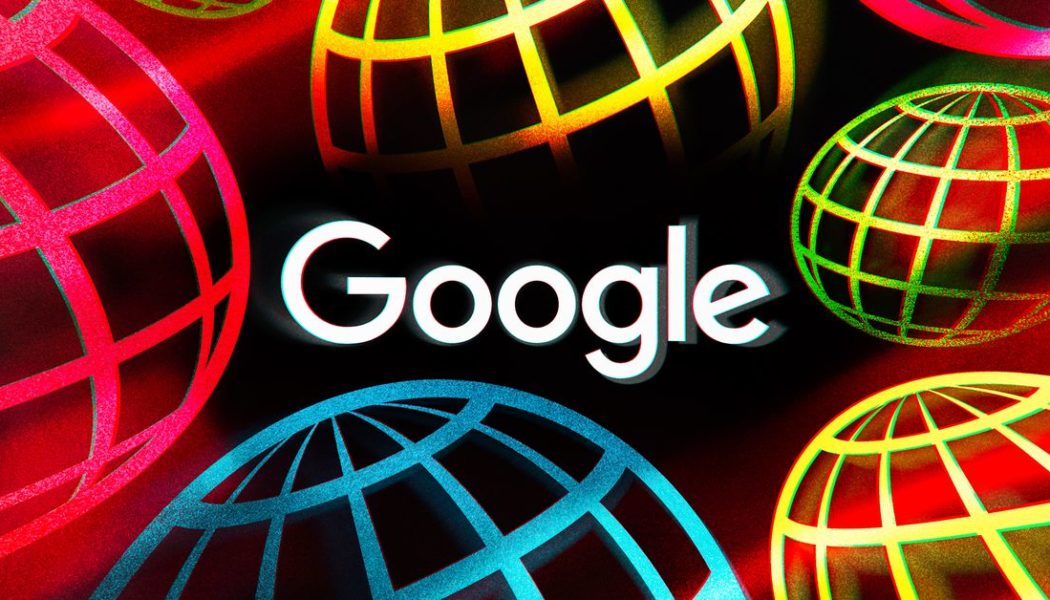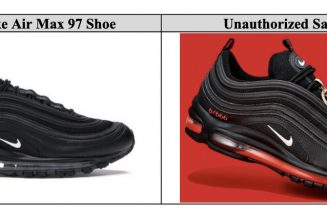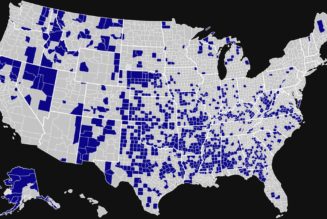
A group of US lawmakers has signed off on a letter to Google that urges the company to reevaluate its treatment of search results that direct users to anti-abortion crisis centers rather than legitimate clinics, as first reported by Reuters. Senator Mark Warner (D-VA) and Representative Elissa Slotkin (D-MI) are leading the initiative, while several other Democratic lawmakers have signed the letter in support.
The letter cites research published by the Center for Countering Digital Hate (CCDH), which focuses on Google search results in “trigger law states” — or the 13 states where abortion will become illegal if the Supreme Court overturns Roe v. Wade. Research indicates that 11 percent of Google searches in trigger law states for “abortion clinic near me” and “abortion pill” bring users to “fake” clinics that try to dissuade women from having an abortion. The problem is even more pronounced on Google Maps, as the CCDH found that 37 percent of abortion-related map searches led to fake clinics.
NEW: @RepSlotkin and I are leading a group of lawmakers to push on the Google CEO to crack down on manipulative search results that lead to scammy “crisis pregnancy centers.”
It’s time for them to limit or label results and ads that lead to fake abortion clinics. pic.twitter.com/LlkTueI2QP
— Mark Warner (@MarkWarner) June 17, 2022
In their letter to Google, lawmakers ask the search giant if it will limit or label these kinds of results going forward. “Directing women towards fake clinics that traffic in misinformation and don’t provide comprehensive health services is dangerous to women’s health and undermines the integrity of Google’s search results,” the letter reads. “If Google must continue showing these misleading results in search results and Google Maps, the results should, at the very least, be appropriately labeled.”
Ads on Google also appear to be affected by the issue — according to the CCDH, almost 28 percent of ads appearing at the top of search result pages for abortion-related queries pertained to anti-choice clinics. In 2019, Google started requiring companies running abortion ads to certify whether or not they provide abortions. For companies that don’t actually perform the procedure, Google places a “Does not provide abortions” disclaimer beneath the ad, but the CCDH notes some users may not always notice it.
“Any organization that wants to advertise to people seeking information about abortion services on Google must be certified and show in-ad disclosures that clearly state whether they do or do not offer abortions,” Google spokesperson Nicolas Lopez said in an emailed statement to The Verge. “We’re always looking at ways to improve our results to help people find what they’re looking for, or understand if what they’re looking for may not be available.”
The Supreme Court is expected to announce its decision regarding Roe v. Wade in the coming days, but a leaked draft decision obtained by Politico could mean the Court plans on overturning the landmark ruling. In preparation for the upcoming decision, another group of Democratic lawmakers is also urging Google to stop collecting location data from Android users, as this information could potentially be used to prosecute someone who has received an abortion in a state that opposes the procedure.









